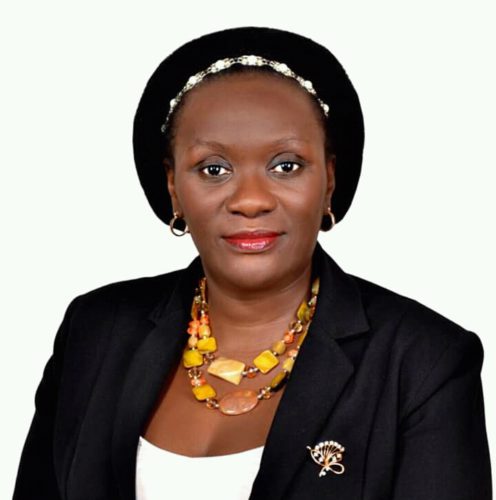Uganda’s judiciary under scrutiny: Judge Lydia Mugambe arrested in UK
Chief Justice Alfonse Owiny-Dollo has announced that he is engaging with relevant government authorities to address the situation and plans to issue a formal communication once consultations are complete.

In an unprecedented case that has raised questions within Uganda’s judiciary and drawn international attention, High Court Judge Lydia Mugambe is facing multiple charges in the United Kingdom.
Charged under modern slavery laws, she is accused of conspiring to breach UK immigration law and facilitating forced labor, with her trial scheduled at Oxford Crown Court in February 2025.
Chief Justice Alfonse Owiny-Dollo has announced that he is engaging with relevant government authorities to address the situation and plans to issue a formal communication once consultations are complete.
“The judiciary values its integrity, and it is our duty to ensure that all due processes are followed, particularly when allegations involve one of our own,” he noted in a recent statement.
This engagement highlights the delicate balance between maintaining judicial independence and navigating the legal responsibilities of a Ugandan judge on foreign soil.
According to Dr. Grace Atukunda, an expert in international law and human rights, the case underscores the legal complexities that arise when judicial officers are implicated in international cases.
“When a sitting judge is charged abroad, it places their home judiciary in a difficult position. It requires diplomatic considerations, alongside respect for the rule of law,” Dr. Atukunda explains.
The charges against Justice Mugambe are serious, including conspiring to breach immigration laws, facilitating exploitation through travel arrangements, and requiring forced labor.
These allegations, approved by the Crown Prosecution Service, were first publicly disclosed in August, stemming from a Thames Valley Police investigation that reportedly involves a single alleged victim. If proven, the case could set a concerning precedent for judicial accountability beyond national borders.
Thames Valley Police’s report indicates that the modern slavery investigation centers on events that took place in Oxfordshire. Modern slavery legislation in the UK imposes severe penalties for violations, particularly in cases involving exploitation through forced or compulsory labor, a form of abuse that has garnered increasing international attention.
Experts like Dr. Atukunda caution that such cases, involving judicial figures, have the potential to impact diplomatic relations. “The trial’s outcome will likely have consequences beyond the legal penalties; it could affect international perceptions of Uganda’s judiciary and its stance on human rights,” she adds.
Given the complexities, the case serves as a critical moment for Uganda’s judicial community, which is navigating how best to address international allegations while upholding judicial integrity domestically.
For now, the Chief Justice’s commitment to addressing the matter highlights a cautious approach aimed at upholding judicial independence while preparing for what could be a legally and diplomatically challenging period for Uganda’s judiciary.







